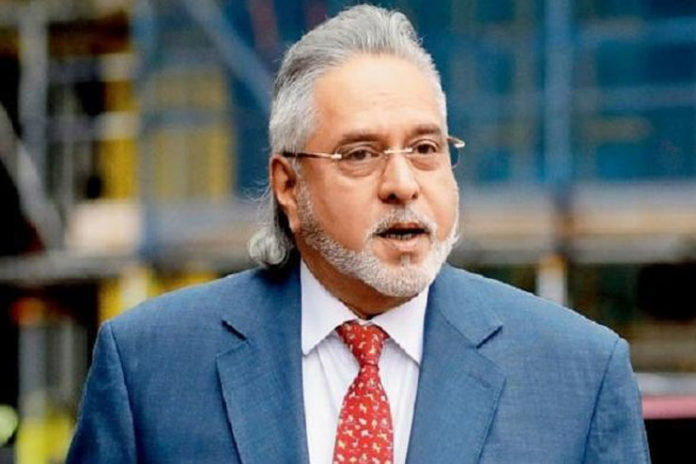The UK High Court on Tuesday handed a lifeline to fugitive economic offender Vijay Mallya permitting him to appeal against the February 3 order of home secretary Sajid Javid to extradite him to India.
Mallya is facing charges of financial offenses running into over Rs 9,000 crore. He lost in the Westminster Magistrates Court after a year-long trial in December 2018 and will now not be straightaway extradited but will be able to mount further legal challenges in the high court.
Justice Leggatt and Justice Popplewell rejected four grounds put forth by Mallya’s defense team but upheld one that questioned the magistrate’s court’s findings on alleged offenses by Mallya and his firms in securing loans from Industrial Development Bank of India (IDBI).
The lower court had upheld India’s charges, but Justice Leggatt said: “We have been persuaded that there is a reasonably arguable case against the approach of the chief judge (of the magistrate’s court) on whether there is a prima facie case”.
He said in his ruling that the charge of misrepresentation “is not what has been alleged in the extradition request…it is arguable that the findings of the chief judge (Emma Arbuthnot) are based on a misreading of the evidence.”
Justice Leggatt rejected other grounds such as inability to get a fair trial in India, the risk to human rights in the Arthur Road jail, Mallya’s assertion that he is being punished for his opinions, and that there would be a ‘breach of specialty’ if he were sent to India.
The 63-year-old Mallya, who attended the hearing with his son Siddhartha Mallya and partner Pinki Lalwani, said after the ruling: “I always said there is no prima facie case against me. I am still ready to return the money to the bank”.
“Airline business is fragile. Every time an airline fails, the promoter is cornered, punished. It is not a good policy for the government. Who thought Jet will collapse.”
Under the India-UK extradition agreement, ‘specialty’ is a rule that the person sought will be tried only for those offenses cited in the extradition petition, and not for others.
In the hearing on Tuesday, Mallya’s attorney Clare Montgomery argued that he was being targeted on political considerations and had been “deliberately set up as a lightning rod of public anger at India’s bad debt”. It was unlikely he would get a fair trial in these circumstances, she added.
She also argued that Chief Magistrate Emma Arbuthnot, who had cleared Mallya’s extradition early this year, had made “very serious errors of fact and law”.
Montgomery reiterated the chief claim made earlier in the magistrate’s court, that Mallya’s inability to repay the loans was a consequence of business failure, and not due to conspiracy or dishonesty to defraud banks.
The chairman of now defunct Kingfisher Airlines left India on March 2, 2016, after defaulting on loans amounting to Rs 9,000 crore.
He has on many occasions denied fleeing, and said that he is ready to pay back the money he is due to the Indian banks. In 2017, India filed for Mallya’s extradition.
A pool of 13 banks, led by the State Bank of India, has initiated loan recovery proceedings against Mallya in a special court in Mumbai under the Fugitive Economic Offenders Act.













































